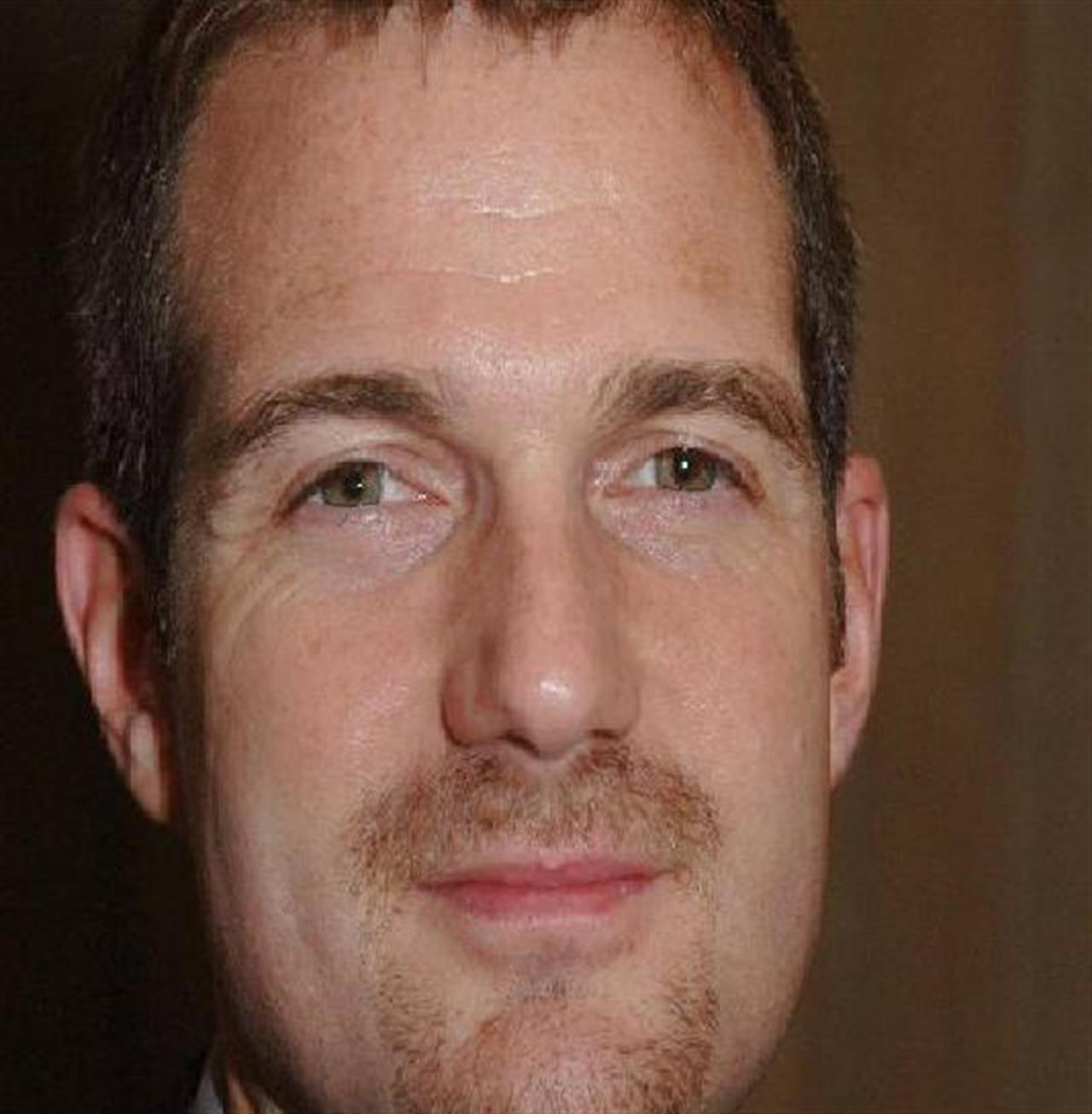Peter Kyle, vice director of Aveco
Open market welfare, a new frontier and source of finance for the non profit sector. Peter Kyle, 37 year old vice director of Acevo, the UK’s association of third sector leaders, believes that this is European civil society’s future. And that the future, as far as the UK is concerned, is now. Here’s the proof. “Over the past 10 years public funds for the non profit sector have more than doubled, not because of an increase in grants but due to the liberalisation of the welfare market and the opportunity that charities are given to win contracts and public funds for the delivery of public services”.
The second indicator is the success of the Personal Budget Holder pilot project that the government is testing in 30 local authorities. Here’s the formula: elderly and disabled people who adhere to the program are transferred the actual sum of benefit money that they are entitled to, and are allowed to spend it however they see fit. “88% of participants choose services provided by the non profit sector, as they are designed to suit the needs of individuals”, explains Aleve’s young director, who has also served as advisor to Minister for the Third Sector Ed Miliband, “so we should reinvent the future’s social services on the basis of this project”.
Which should be the direction?
Experiments, based around the ‘putting people first’ principle, have taught us that efficient and effective social services depend on prioritising the rights of beneficiaries. For some time politicians have declared that they want to build services tailored to the needs of the individual, but the changes that have been made are not as revolutionary as their intentions. The Personal Budget Holder project explains why: the welfare system today has no incentive to offer services thought out for the beneficiary.
In practice, what impact will the pilot project have on the reform of the social services?
First it will be tested on other sections of society, starting with the disabled, and in other fields, like education, social rehabilitation of convicts and to new public services sectors. Moreover, it will speed up the devolution process: the welfare market must be opened to competition and charities must be allowed to throw themselves into the arena, challenging local authorities for the allocation of public services delivery.
How long will it take for the good practices outlined by the Personal Bidget Holder to be transformed into law? I am optimistic: the Queen’s next speech, in October, may mention the results of this project. In two years time Britain will choose a new premier. If the Tories were to win, what would happen to the Labour’s “putting people first” principle? I would be very surprised if they were to go back to a welfare system based on the needs of the provider and not the beneficiary.
Many European countries today are dealing with welfare reform, with two possible solutions: the participative balance or a system similar to the personal budget holder. Which one do you think is more effective?
I don’t think that one is better than the other, or that they should exclude one another. Welfare reform must pass through a series of steps that guarantee citizens the control of the public funds destined to them.
More info www.acevo.org.uk
Si può usare la Carta docente per abbonarsi a VITA?
Certo che sì! Basta emettere un buono sulla piattaforma del ministero del valore dell’abbonamento che si intende acquistare (1 anno carta + digital a 80€ o 1 anno digital a 60€) e inviarci il codice del buono a abbonamenti@vita.it

